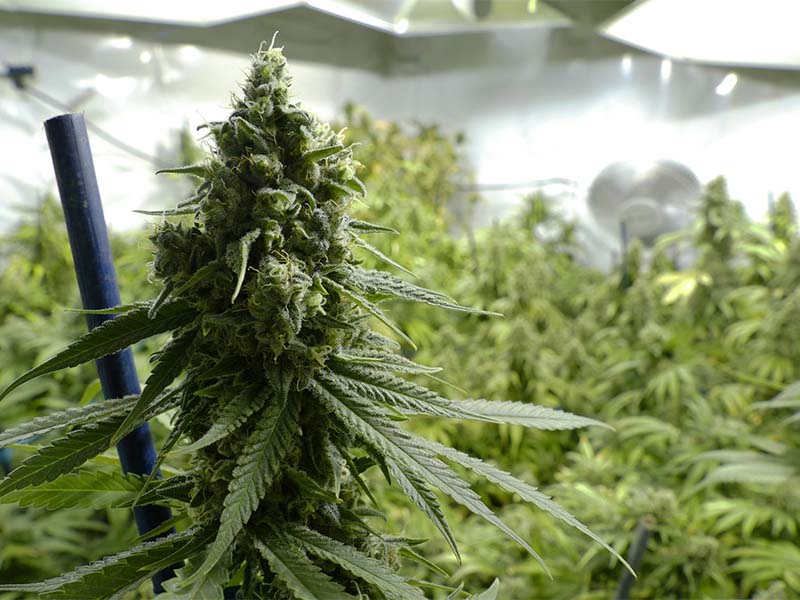
Toronto-based Canaccord Genuity Group Inc. on Thursday announced the expansion of its cannabis investment banking practice with the addition of Shannon Soqui as managing director and head of U.S. cannabis investment banking.
Soqui was previously head of cannabis investment banking at San Francisco-based Ackrell Capital. He has worked in investment banking at a number of other firms including Donaldson, Lufkin & Jenrette, Credit Suisse, UBS and Pacific Crest Securities.
At Canaccord, Soqui will be based in San Francisco and work alongside the firm’s existing cannabis investment banking team on transactions such as public offerings and private placements, along with other financial advisory services.
“Shannon’s appointment represents an important milestone for Canaccord Genuity’s deeply established cannabis practice at a time when we are seeing significant cross-border expansion of the investor landscape for this sector, with exciting new companies coming to market and increasing M&A activity,” says Pat Burke, president of Canaccord Genuity Capital Markets in Canada, in a statement.
The legal status of the U.S. cannabis industry was thrown into turmoil earlier this year after U.S. attorney general Jeff Sessions issued a memo on federal marijuana enforcement policy, retracting previous guidance which gave the states greater control over the drug’s legal status.
With Canada slated to legalize recreational use later this year, Statistics Canada on Thursday issued its first-ever estimate on the size of the Canadian cannabis industry.
Cannabis production was $3 billion in 2017, StatsCan estimates, down from $3.4 billion in 2014, primarily due to declining prices. If accurate, this would put the sector on par with the beer industry, the government agency says in its report. In 2014, the brewery industry was worth $2.9 billion, and tobacco was $1.0 billion.
In terms of consumption, StatsCan estimates 4.9 million Canadians aged 15 to 64 spent $5.7 billion on cannabis, including both medical and non-medical purposes, in 2017. The vast majority (90%) was for recreational use, which is not yet legal.
By comparison, household purchases of alcohol (beer, wine and other spirits) in 2016 were $22.3 billion, and household purchases of tobacco were $16.0 billion, StatsCan says. The gap between the value of production and consumption is explained by the fact that the majority of alcohol and tobacco that’s consumed in Canada is imported.
“Most cannabis consumed in Canada is also produced in Canada,” the StatsCan report says. “The consumption of domestically produced cannabis was $5.4 billion in 2017. Canadians purchased $0.3 billion of illegal cannabis from abroad in 2017 while illegal Canadian sales outside of Canada were estimated to be around $1.2 billion.”
StatsCan cautions that its new Cannabis Economic Accounts, “are a set of provisional estimates,” which may be subject to large revisions because they rely heavily on a number of assumptions, models and sparse data due to the fact that the cannabis industry has been mostly illegal.
The report also estimates that household spending on cannabis has risen by an average of over 6% per year since 1961, while domestic production grew by an average of over 7%.